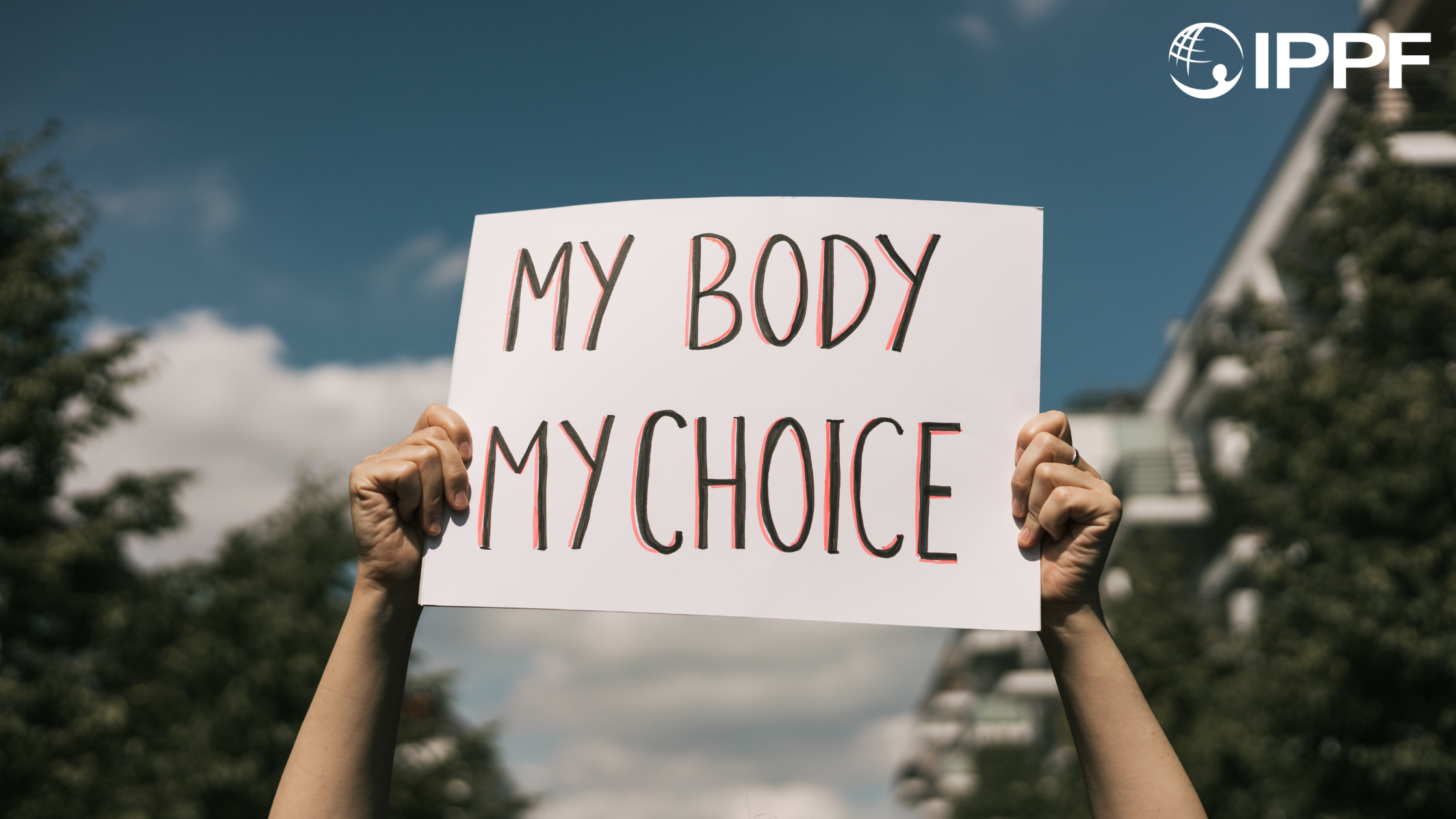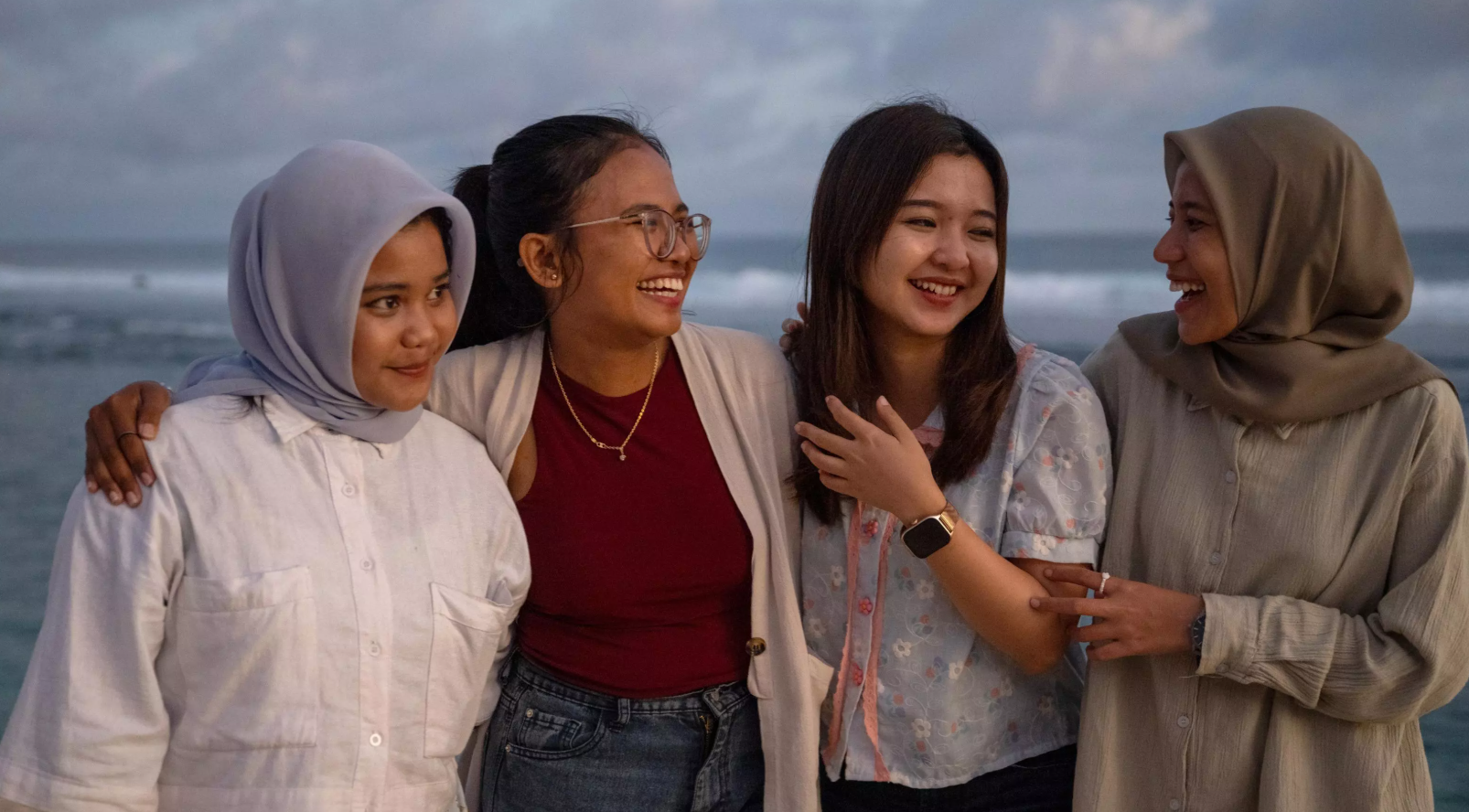Latest press releases
A selection of stories from across the Federation

Netherlands
Rutgers triumphs in landmark court case against lies, online hate and disinformation
Rutgers, the Netherlands’ leading sexual and reproductive health expert and IPPF’s Member Association, has today secured a landmark legal win against an ultra-conservative group.
For media enquiries


| 11 April 2025
CPD58 - Statement on behalf of the International Sexual and Reproductive Rights Coalition (ISRRC)
Every day, over 700 women and girls die - one every two minutes, from preventable causes related to childbirth and pregnancy. Despite this stark reality, this week, a small minority of states tried to sabotage UN negotiations to push an anti-rights and anti-health agenda on the world. From April 7th to 11th 2025, the 58th session of the Commission on Population and Development (CPD) took place with the theme of “Ensuring healthy lives and promoting well-being for all at all ages”. Governments from all over the world came together in a moment of global health crises to address persistent and continued threats that jeopardize the health and wellbeing of all women and girls worldwide. This UN process is a critical space where governments, UN agencies, civil society and young people come together to discuss priorities and make shared commitments on sexual and reproductive health and rights. For over 30 years, governments have agreed on standards for access to health services for women and girls. A very small minority of vested interests are determined to use this convening to attack the Sustainable Development Agenda. We refuse to allow the malicious undermining of hard won gains that impact the lives of millions of women and girls around the world.As recently as last year, governments from all regions of the world reached an agreement to reaffirm these shared goals and commitments. This week, in the face of efforts to sabotage the discussions and negotiations, a vast majority of countries have stepped up to hold the line on the right to health, especially of all women and girls. This disruptive behaviour from a very small minority of extremist anti-rights administrations, is not just a threat to the agenda being discussed today, but also for international cooperation on human rights and sustainable development at large. They are preventing the international community from moving forward and making progress for people’s health, rights and well-being.

| 10 March 2025
The Commission on the Status of Women Adopts by Consensus the Political Declaration
IPPF welcomes the political declaration adopted by the Commission on the Status of Women (CSW). As we are marking 30 years after the Fourth World Conference on Women in Beijing in 1995, UN Member States need to urgently accelerate the work to achieve their commitments to advancing the rights of all women and girls, especially in light of the current global pushback against fundamental human rights. IPPF welcomes the adoption of the Political Declaration on the occasion of thirtieth anniversary of the Fourth World Conference on Women and adoption of the Beijing Declaration and Platform for Action, in which Governments reaffirm their commitment to accelerate action to achieve gender equality and the empowerment of all women and girls. IPPF actively engaged in the process by providing technical inputs to Member States and raising awareness of the situations of women, girls and the most marginalized communities and bringing their real-life experiences into the conversation. The geopolitical backdrop to this year’s negotiations was extremely divided, with key issues such sexual and reproductive health and rights, multiple and intersecting forms of discrimination and even the most basic agreed terms around gender equality being challenged. Following the extensive and challenging political negotiations, the consensus adoption of this political declaration underscores strong cross-regional support for the human rights of all women and girls, the Commission’s mandate, the priority theme and the multilateral system. The true impact of this political declaration will be measured by its implementation at the national level. As a locally rooted yet globally connected Federation, IPPF and its Member Associations are uniquely positioned to drive the implementation of the political declaration across national, regional, and global spheres. By doing so, we can ensure meaningful change in the lives of women, adolescents, girls, and other marginalized communities where it matters most. As we mark the 30th anniversary of the Beijing Declaration and Programme of Action and find ourselves only 5 years away from the 2030 deadline for the UN Sustainable Development Goals (SDGs), no States are on track to achieve gender equality. Women, girls and marginalized communities continue to suffer disproportionally from lack of equality and have their fundamental human rights undermined every day, with grave consequences. In this current political moment, where governments are cutting funding and scale back support for basic lifesaving assistance for the most vulnerable, the renewed political commitment of governments with the adoption of the Political Declaration to accelerate the fulfilment of rights of all women and girls is an important step. It is now crucial to collectively hold governments accountable for their commitments. IPPF particularly welcomes the inclusion of: strong references to human rights of all women and girls, reflecting Member States’ unwavering commitment to strengthen their collective efforts toward the full, effective, and accelerated implementation of the Beijing Agenda, including ensuring the full enjoyment of women’s and girls’ human rights. The reaffirmation of the need for gender-responsive budgeting and gender-responsive implementation of the 2030 Agenda, which is crucial for addressing structural inequalities. The reference to multiple and intersecting forms of discrimination in the text, since women, adolescents, girls, and marginalized groups who experience multiple and intersecting forms of discrimination, are more likely to be structurally excluded. It is therefore important that the text recognizes the challenges in achieving gender equality for these groups. A strong paragraph on the right to health for women and girls throughout their life course, including a reference to Universal Health Coverage: The commitment to ensure that victims of and survivors of sexual and gender-based violence and sexual violence in conflict have prompt and universal access to quality social and health care services and access to justice. The commitment to addressing the risks and challenges emerging from the use of technologies, with full respect for the human rights of all women and girls, both online and offline, and that gender-perspective should be mainstreamed in policy decisions and frameworks that guide the development of digital technologies, including artificial intelligence The strong recognition of the role of women and girls in the resolution of armed conflicts, peacebuilding and post-conflict reconstruction. We are pleased that the important contributions of civil society are acknowledged, however, we regret that the Declaration does not explicitly reference Women Human Rights Defenders (WHRDs), whose work is fundamental in advancing gender equality and human rights. However, IPPF is disappointed that language on the importance of sexual and reproductive health and rights (SRHR) as a fundamental component for achieving gender equality was ultimately not included in the Political Declaration, which significantly weakens the text’s scope, as SRHR is fundamental to the lives of women, adolescents, and girls. Furthermore, despite overwhelming data and research demonstrating the benefits of investing in adolescent girls, this critical group remains underrepresented in the Political Declaration. IPPF urges all governments to unite behind this crucial call to action. Three decades after the Beijing Conference and the adoption of the Beijing Declaration and Platform for action, the world faces new and complex challenges to achieving the most fundamental human rights for all, which is further exacerbated by persistent structural inequalities. It is imperative that we act with ambition, courage, and determination to uphold the legacy of Beijing. Looking ahead, we call on the global community to embrace a bold and transformative agenda that secures the rights and well-being of all women, adolescents, and girls and the most marginalized communities—not only for today but for the generations to come. For more information, please contact [email protected] - +44 7918 845944 About the International Planned Parenthood Federation IPPF is a global healthcare provider and a leading advocate of sexual and reproductive health and rights (SRHR) for all. Led by a courageous and determined group of women, IPPF was founded in 1952 at the Third International Planned Parenthood Conference. Today, we are a movement of 158 Member Associations and Collaborative Partners with a presence in over 153 countries. Our work is wide-ranging, including comprehensive sex education, provision of contraceptive, safe abortion, and maternal care and responding to humanitarian crises. We pride ourselves on being local through our members and global through our network. At the heart of our mission is the provision of – and advocacy in support of – integrated healthcare to anyone who needs it regardless of race, gender, sex, income, and crucially no matter how remote. Photo credits: IPPF/Hannah Maule-ffinch/Indonesia
















